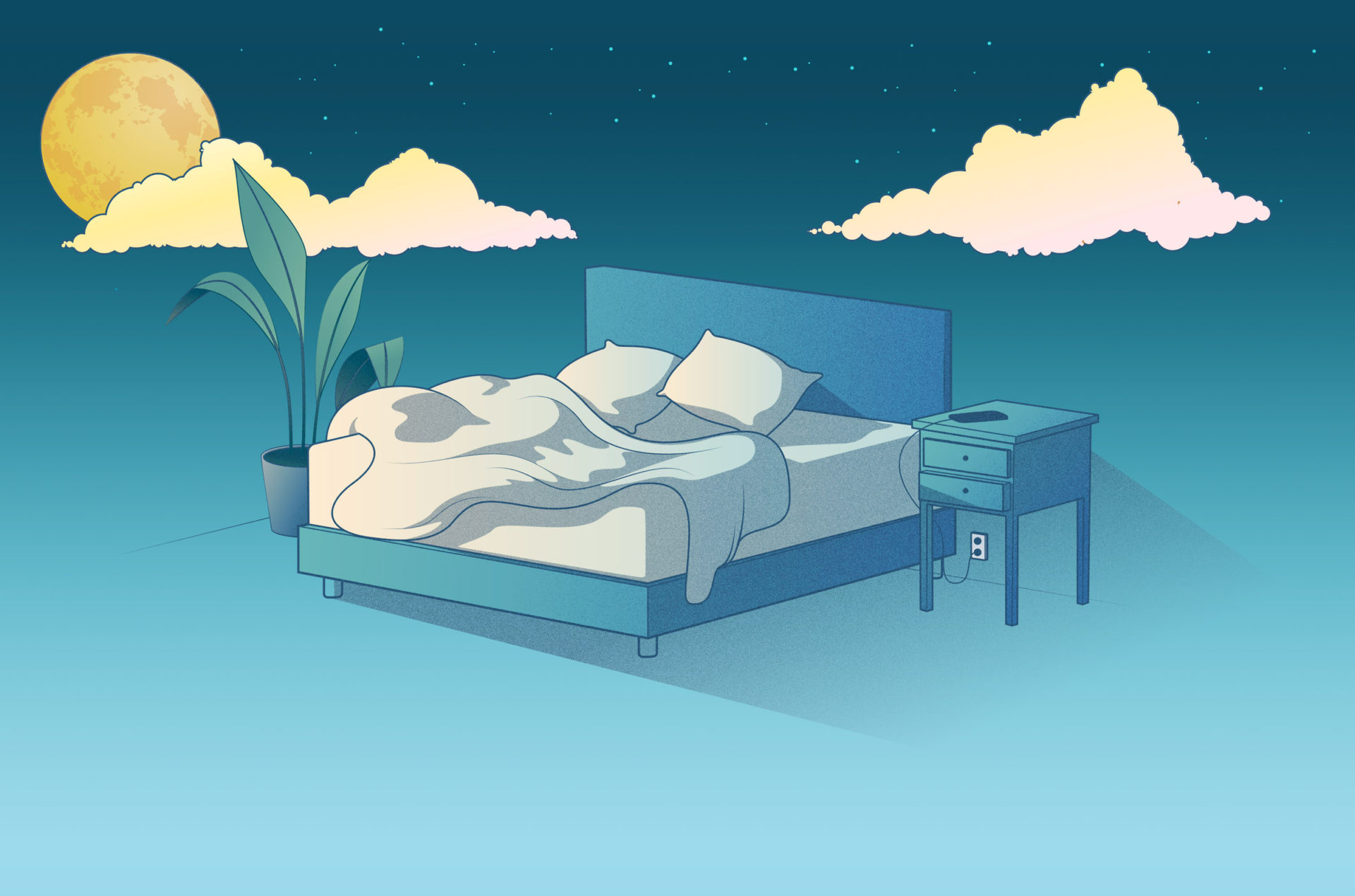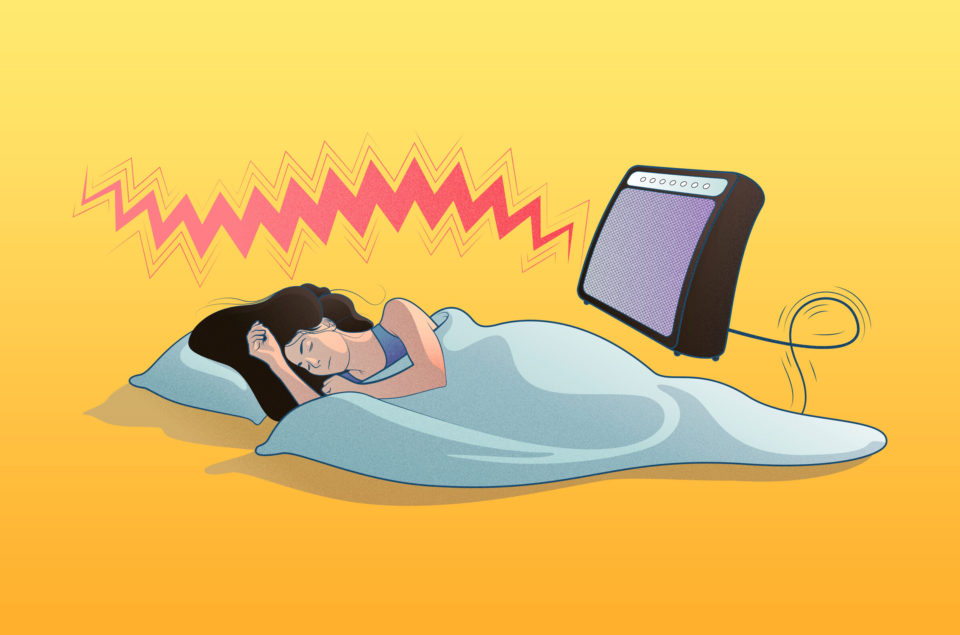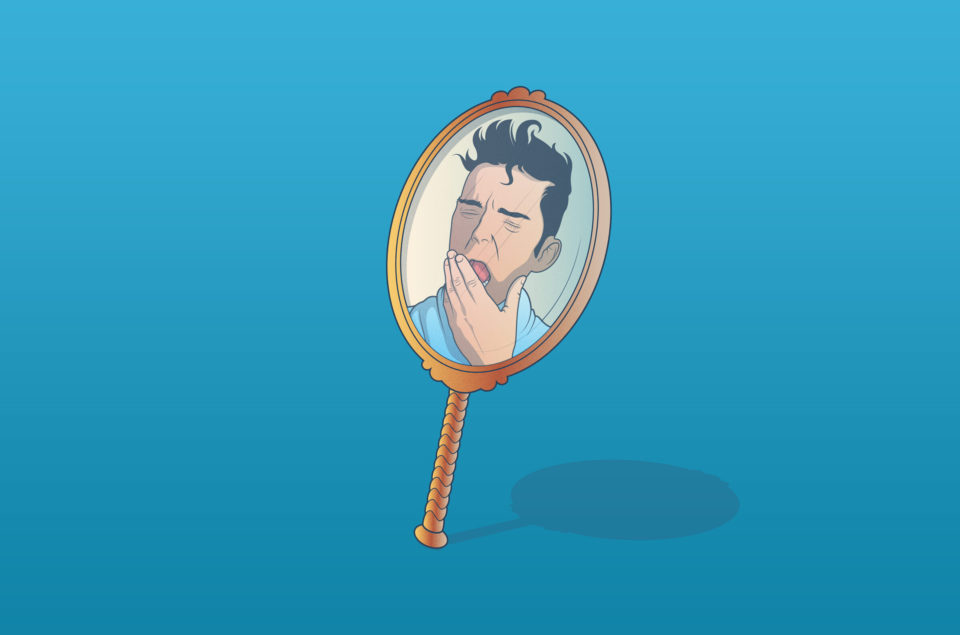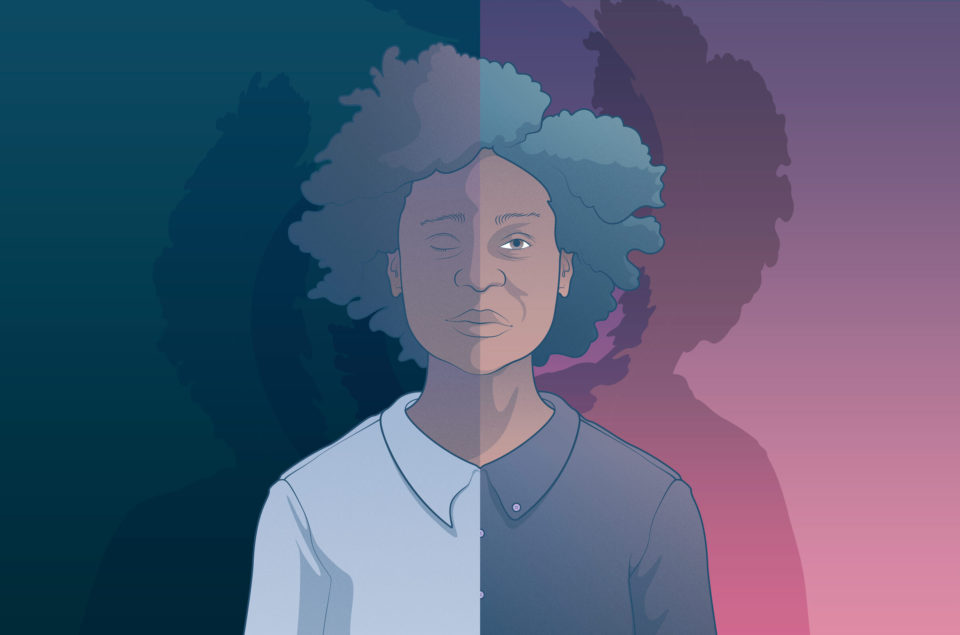Ever wondered what sleep advice a sleep expert would give their kids, or what time of day they are at the peak of their productivity? Join us as we speak to Li Åslund, clinical psychologist and resident sleep expert at Sleep Cycle to find out this and more!
Li is a clinical psychologist with a Ph.D. in Medical Science from Karolinska Institutet, Stockholm Sweden, and has a fascinating background in sleep. Her research is specialized in the treatment of sleep problems and the relationship between sleep and mental health
Her interest in sleep was sparked as a psychology student when she chose to do her Master’s thesis on cultural aspects of co-sleeping (sleeping together with your baby or child). Sweden stands out in this regard, as parents often share the parental bed with their children. In other European countries, this can be frowned upon, where parents often consider co-sleeping to be harmful to the child’s development. As a psychologist, Li finds this difference in parental behavior interesting and often reflects on how much our culture impacts our parenting styles and the conditions we create around sleep from an early age.
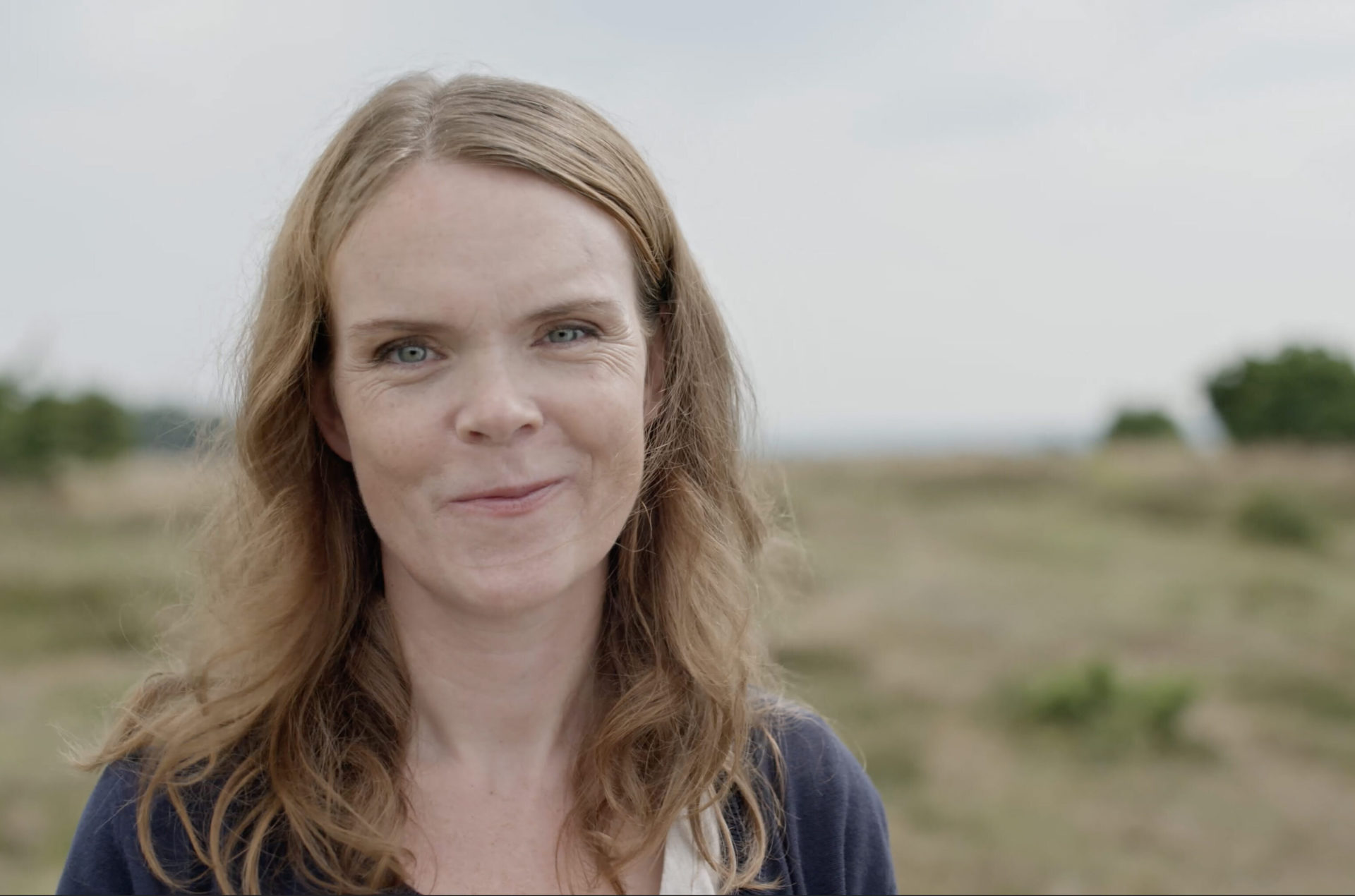
What does your sleep routine look like?
I have an early chronotype and I’m usually out of bed, alert and happy, by 5:30 am. I love to enjoy a morning coffee with the rest of the family still asleep and I’m my most productive and creative self before lunch. I go to bed early and I usually fall asleep before 10 pm.
Why is sleep so important?
Sleep is important as it influences all parts of life, both physical and mental. Good sleep can protect us from some of the negative consequences of the “stressors” we encounter in life, such as infections or negative feelings. Being rested gives us the emotional stability needed to deal with the difficulties in everyday life.
What areas of sleep science are you most interested in?
My interests are mainly focused on how to achieve good sleep and on the treatment of sleep disorders. I’m also interested in the relationship between sleep and mental health, and how these areas influence each other.
If you could change one thing in your own sleep routine, what would it be?
As the mother of three children, one being only 6 months old, my sleep is far from perfect at the moment. Improving the sleep routine of my baby would probably be the best way for me to get more sleep. I go to bed very early to get enough sleep, despite the frequent awakenings. It’s also important not to stress about getting too little sleep, as I know that the situation is temporary and this broken sleep will not last forever.
If you could pick one thing to teach your kids about sleep, what would it be?
That sleep is a good thing! Something you can enjoy and that you should prioritize. If you have a positive attitude towards sleep, I believe that creating a healthy sleep routine is easier to achieve.
Where do you think sleep needs more attention in society today?
I think we should put more effort into preventing sleep disorders rather than just focus on treatment. We all have bad nights from time to time, but understanding what we can influence when it comes to sleep is important to prevent long-term sleep problems. Even the small changes we make can have a big impact on our sleep health and be proactive is a great way to avoid turning a small problem into a big one. We also know that a lot of teenagers sleep too little, and that adolescence is a sensitive period when it comes to developing both sleep problems and mental health disorders. Teaching teenagers how to take care of their sleep could be a great investment when it comes to preparing for entering adult life.
What is your mission as a sleep expert?
As a researcher, I have conducted several studies on the treatment of insomnia and have worked with clients of all ages in both private and public healthcare.
I’m passionate about helping people sleep better and increasing our understanding of the importance of sleep for health and overall well-being. My mission is to combine evidence-based care with digital tools to make sure treatment for sleep problems is easily available to everyone.
Which is your favorite feature of the Sleep Cycle’s app?
My favorite feature is to be able to view my sleep regularity. Regularity is essential for better sleep and I rate this feature highly!
Curious to see published work by Li Åslund? See some of her work below:
